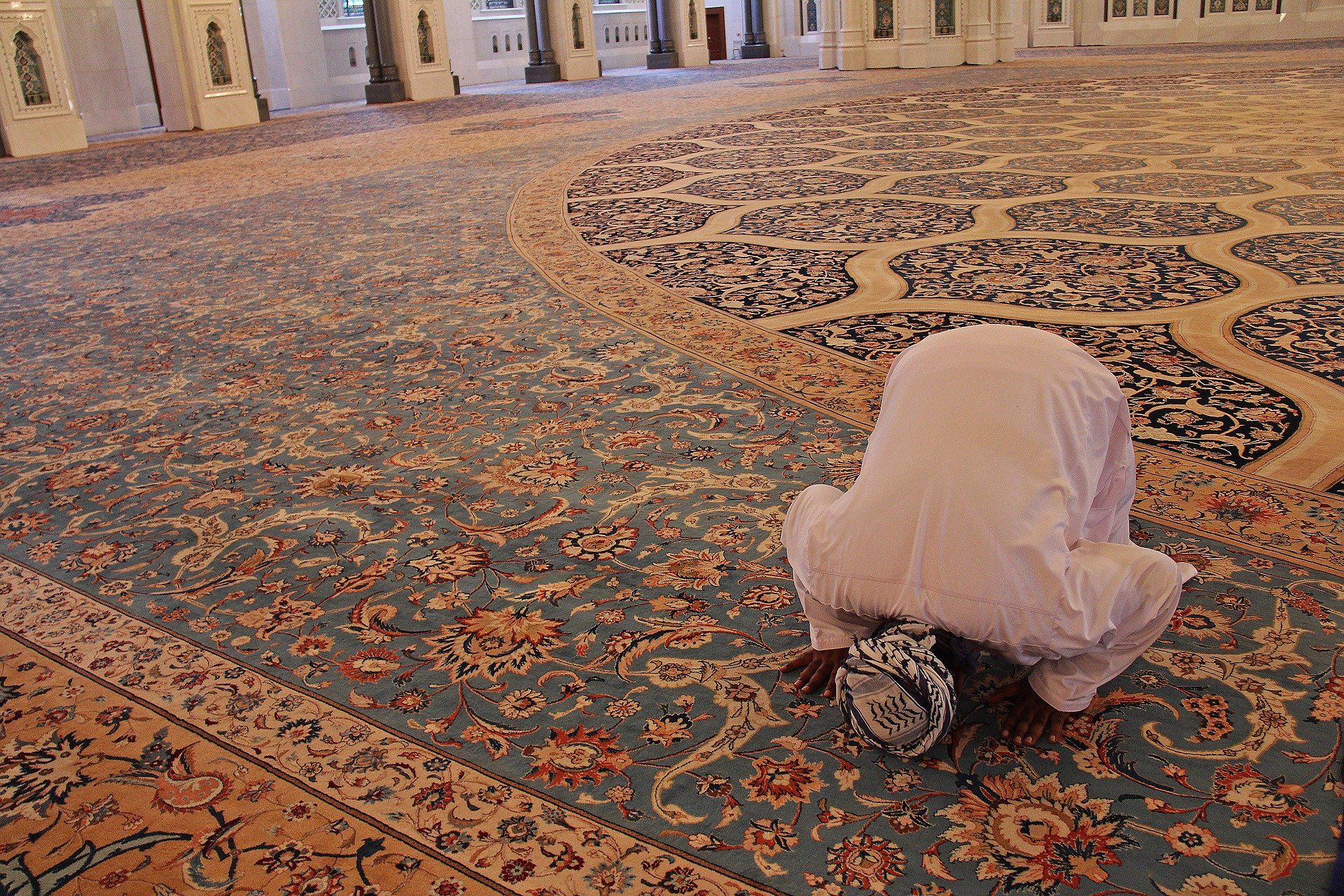The Indo-Islamic Cultural Foundation (IICF) unveiled on Saturday the design of the mosque that’ll come up at the five-acre land allocated by the Supreme Court in the Ramjanmabhoomi-Babri Masjid case, PTI reported. The mosque will be constructed n Ayodhya’s Dhannipur village.
The Uttar Pradesh State Sunni Central Waqf Board had formed the trust, IICF, to construct the mosque and other utilities on the plot.
Prof SM Akhtar of Jamia Millia Islamia, who joined the programme through video conferencing, displayed the designs of the mosque.
“The design of the mosque has been prepared using modern technology, and it will be egg-shaped without any dome,” Akhtar said.
The two-storeyed mosque will not have any minaret. Solar power will be installed in the mosque, and around 2,000 people will be able to offer ‘namaaz’ at the same time,” he added.
Regarding the name of the mosque, the professor said that the mosque will not be named after any emperor or king.
“Personally, I have suggested that the mosque be named as Dhannipur Masjid,” he said.
The mosque at Ayodhya that was razed by right-wing Hindu mob on December 6, 1992, was named after Babur, the first Mughal ruler.
Also read: With fight over Ayodhya’s Ram temple now over, has the focus now shifted to Mathura?
On when the construction of the mosque would begin, that Husain, secretary of IICF said, earlier it was scheduled to begin from January 26. “But in this period getting the map approved seems to be difficult, hence the construction is likely to begin from August 15,” he said.
A 200-bed hospital, a community kitchen (saarvjanik bhojnalaya) and a modern library will also be set up in the complex.
The hospital will provide state-of-art facilities, much needed in the surrounding population, with a focus on the needs of the children who are suffering from malnourishment and expectant mothers, the IICF said in a statement
Asked whether the Uttar Pradesh chief minister will be invited for the foundation laying programme, the IICF secretary said that as per Islamic traditions, no big function is organised while laying the foundation stone of a mosque.
“After the hospital mosque is constructed, prominent people of the country and the state will be invited,” he said.
After a protracted legal tussle, the Supreme Court had on November 9 last year ruled in favour of the construction of a Ram temple at the disputed site in Ayodhya, and directed the Centre to allot an alternative five-acre plot to the Sunni Waqf Board for building a new mosque at a “prominent” place in the holy town in Uttar Pradesh.
Also read: For the first time in 28 years, since Babri Mosque demolition, Ayodhya remained uneventful
The mosque in Ayodhya was demolished on December 6, 1992 by ‘kar sevaks’ who claimed that an ancient Ram temple stood at the same site.







